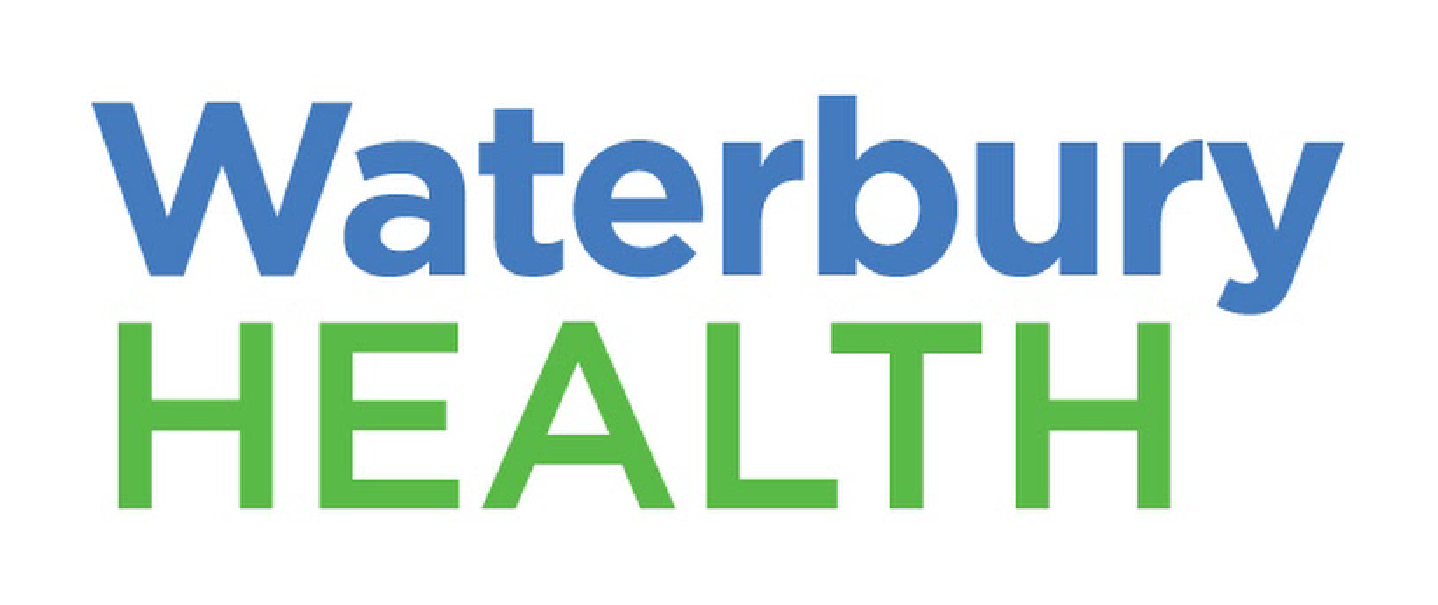Wound Center
The Center for Limb Preservation, Wound Healing and Hyperbaric Medicine
Welcome to the Center for Limb Preservation, Wound Healing and Hyperbaric Medicine at Waterbury Hospital. We’re dedicated to preventing lower limb loss, healing wounds, and optimizing outcomes for our patients.
If you or a loved one has a wound that is of concern or is not healing properly, we encourage you to visit the wound center for an evaluation.
A wound that is not healing properly may be complicated by underlying conditions such as diabetes, circulation problems or previous radiation treatment. Sometimes, the simplest of wounds can turn into a significant problem because the body’s normal healing process is affected. Other types of hard-to-heal wounds result from pressure, trauma, or infection. Non-healing wounds can have serious health consequences and may adversely affect your quality of life.
Types of Wounds Treated
As a comprehensive wound healing center, we specialize in the treatment of all types of non-healing and difficult-to-heal wounds including:
- Diabetic foot ulcers
- Venous ulcers
- Pressure ulcers
- Non-healing, surgical wounds
- Arterial/ischemic ulcers
- Post-radiation injury to tissue or bone
- Traumatic wounds Infected wounds
- Crush injuries
- Compromised flaps or grafts
- Chronic Wounds
Limb Preservation
At The Center for Limb Preservation, Wound Healing & Hyperbaric Medicine, our patients with limb-threatening conditions such as diabetic foot ulcers/infections and peripheral arterial disease are treated with a multidisciplinary approach to manage their disease.
Hyperbaric Medicine
Hyperbaric Oxygen Therapy is an innovative treatment for patients with wounds that do not respond to standard wound care treatment. Patients are enclosed in a hyperbaric chamber and breathe in 100% pure oxygen to saturate their blood plasma and boost their body’s oxygen-dependent wound-healing mechanisms.
Learn more >
Wound Healing using your own skin cells
We are proud to be the first and only wound center in Connecticut to offer the cutting-edge RECELL® Spray-On Skin™ Cell treatment – an advanced, personalized solution that uses your own skin cells to rapidly heal complex wounds.
